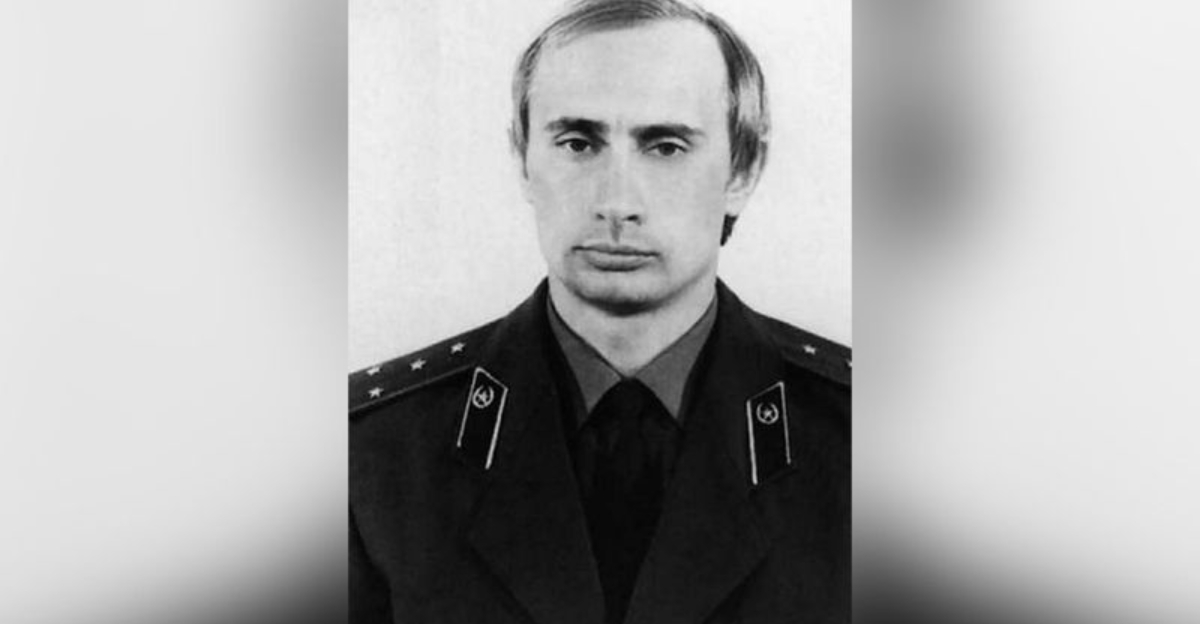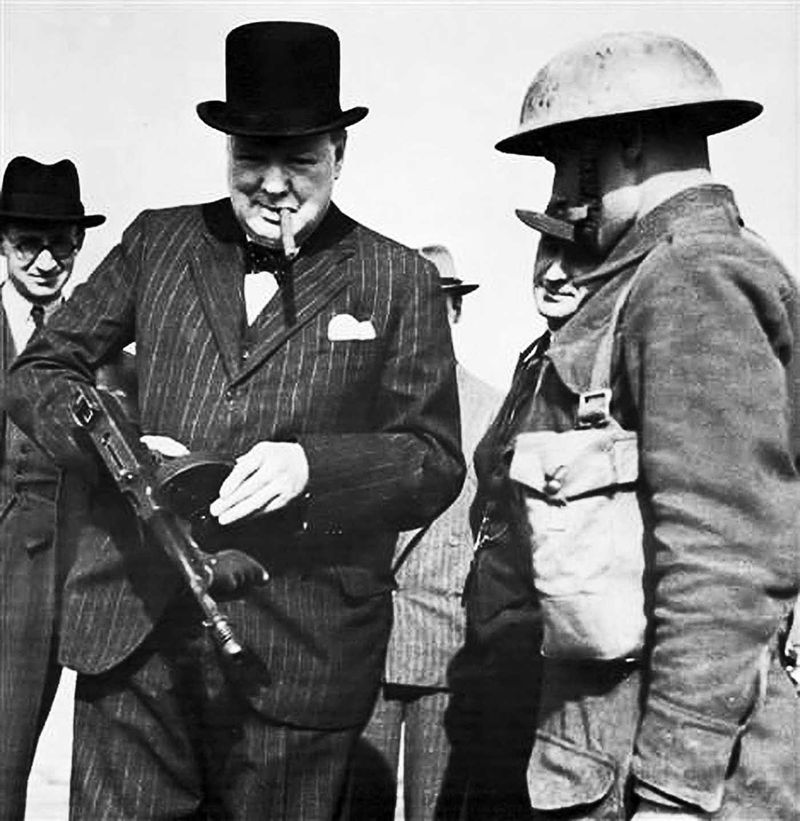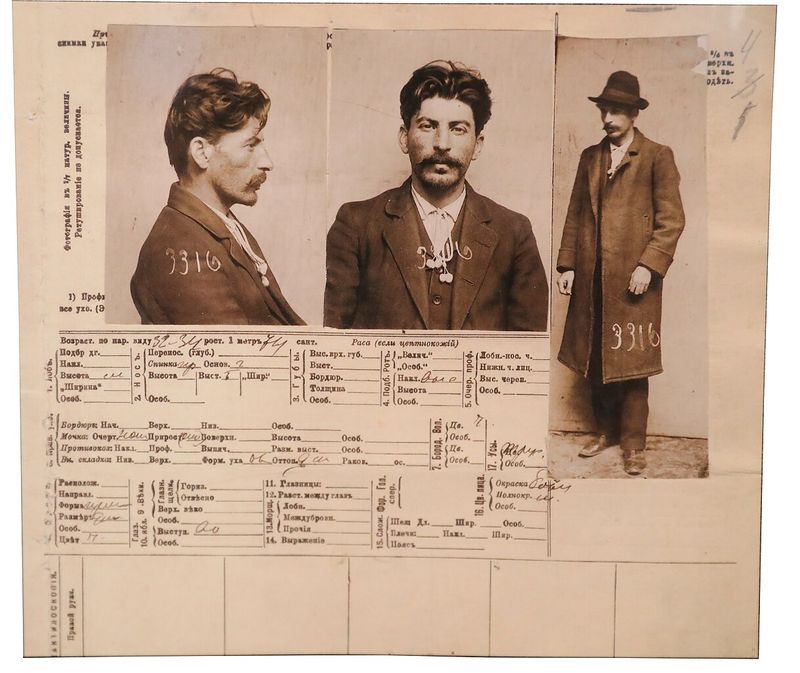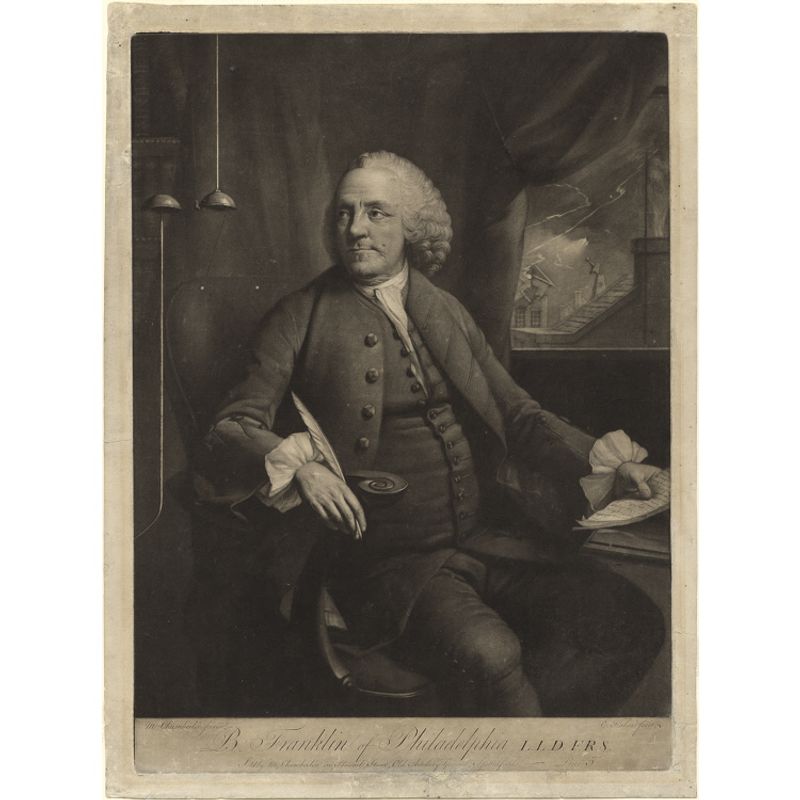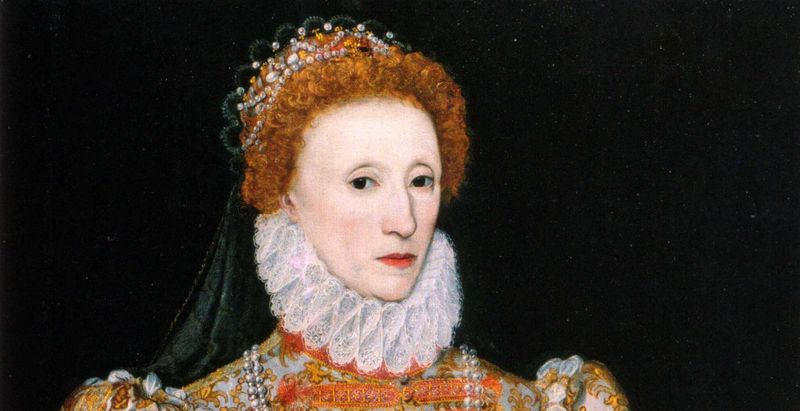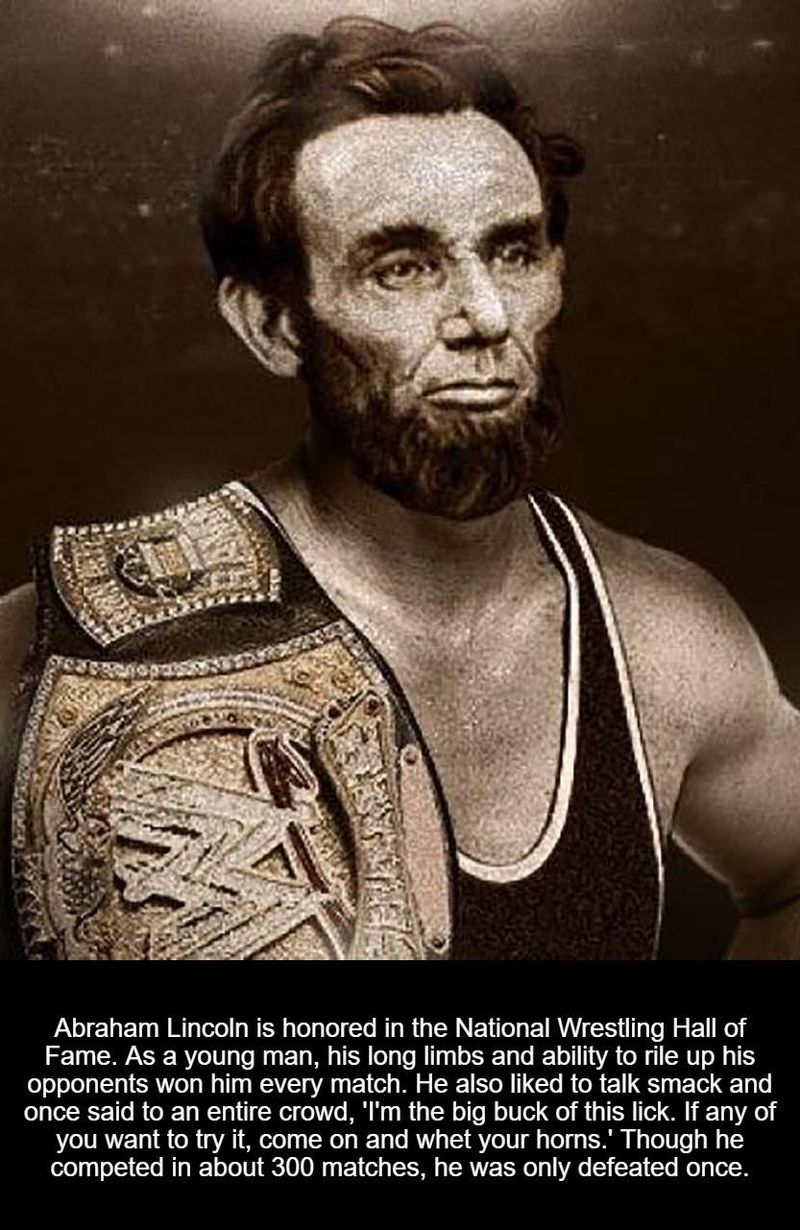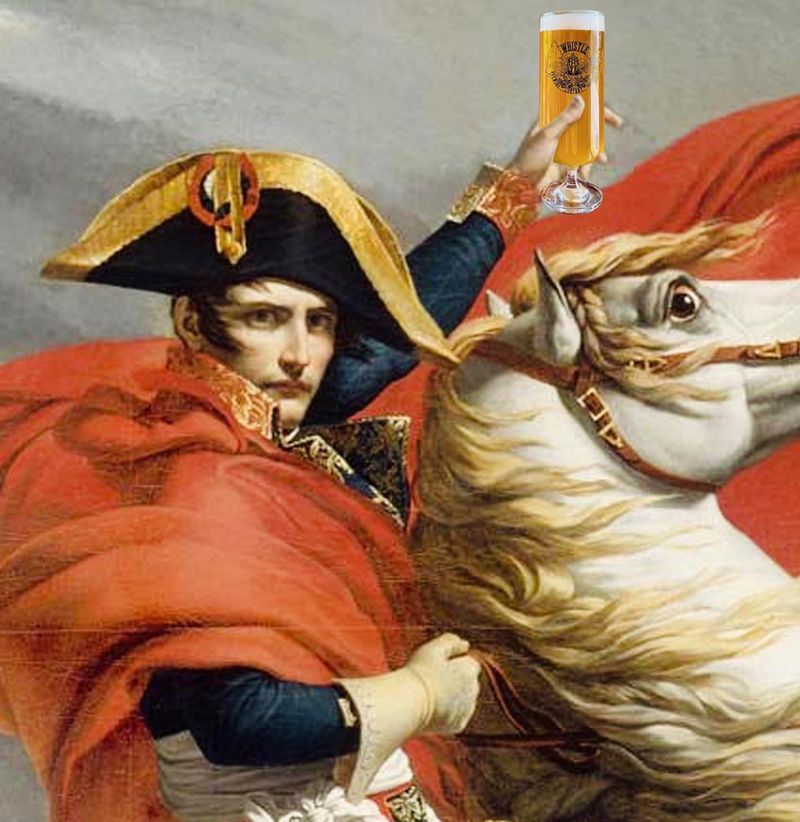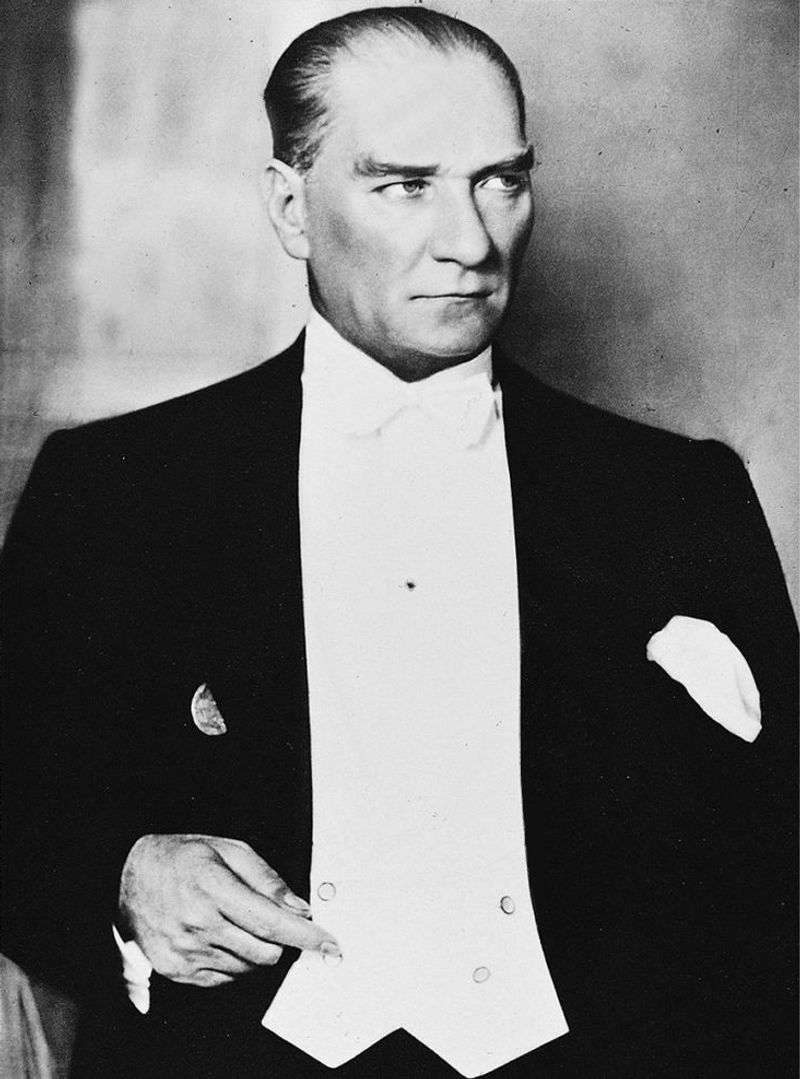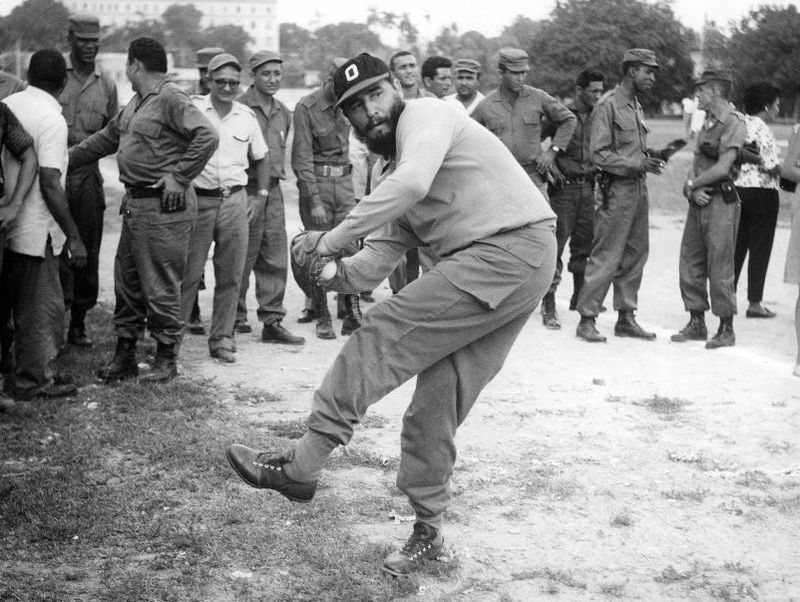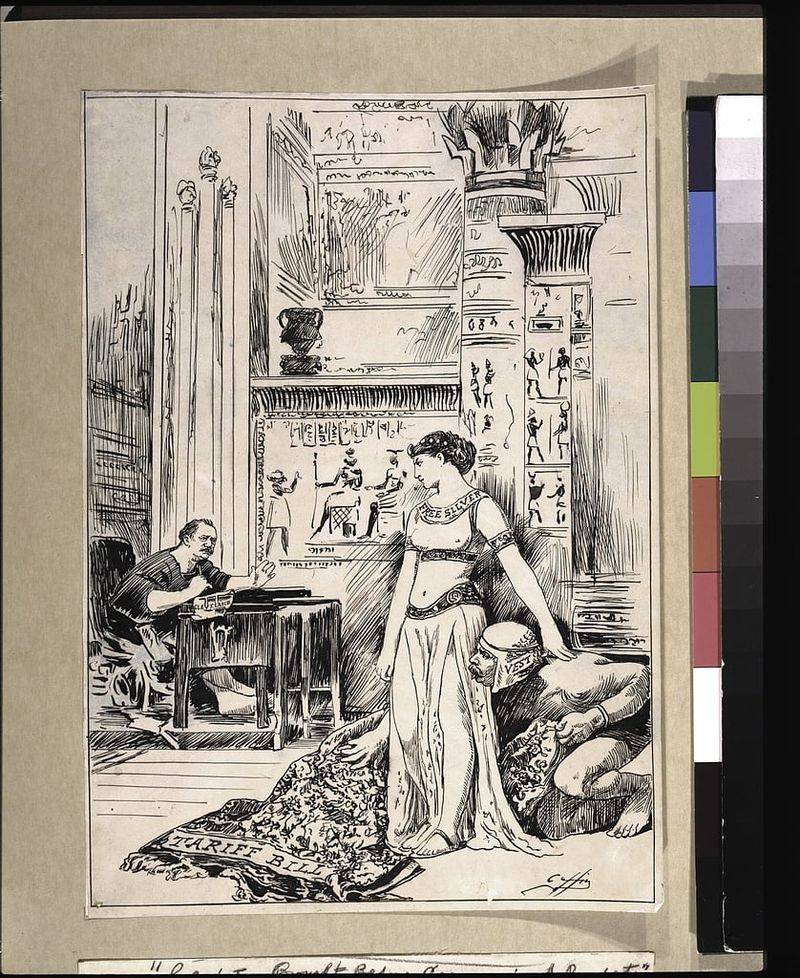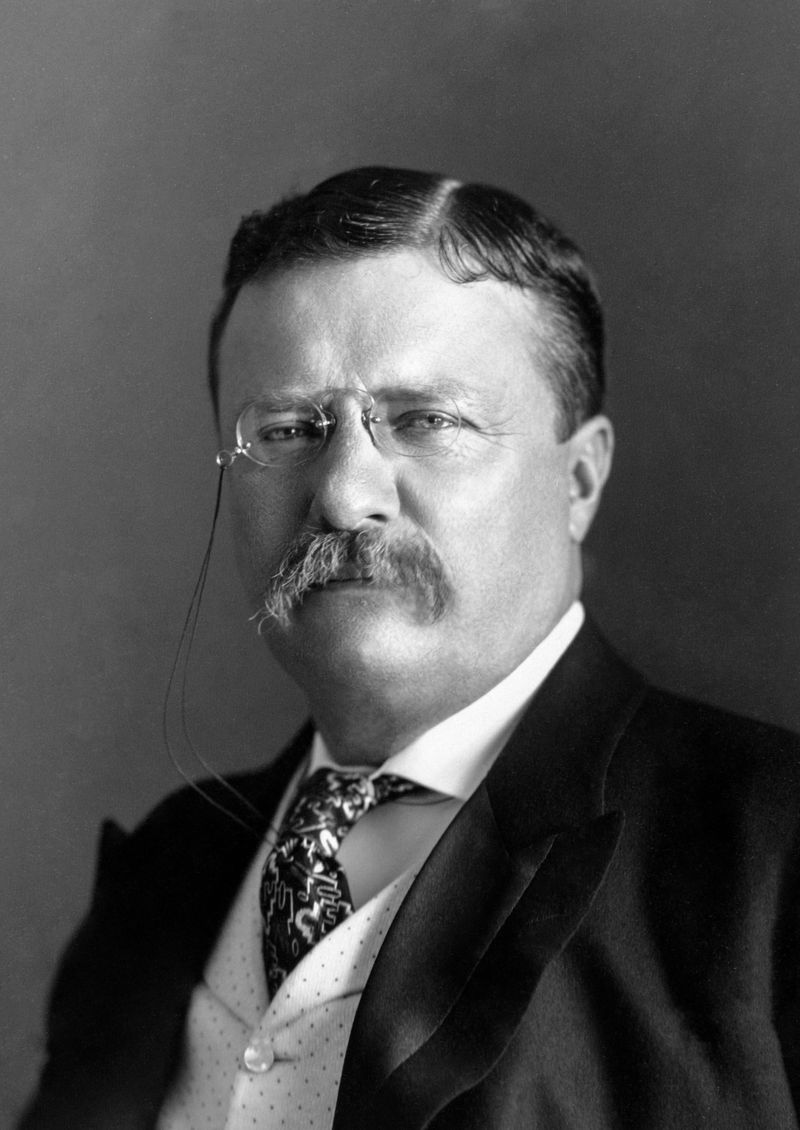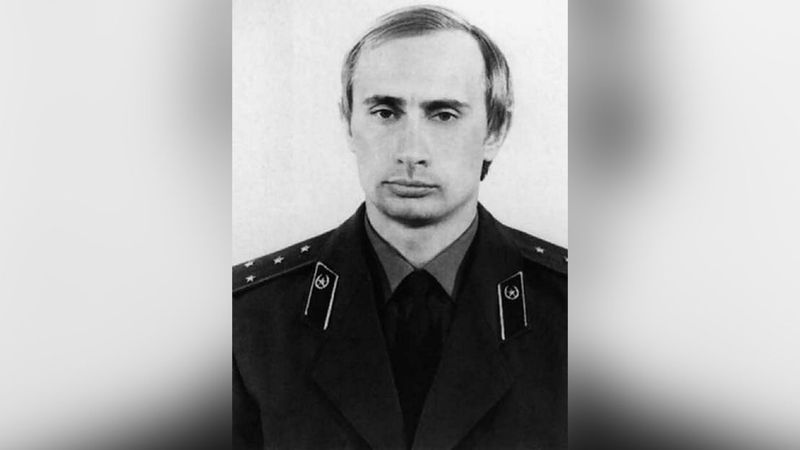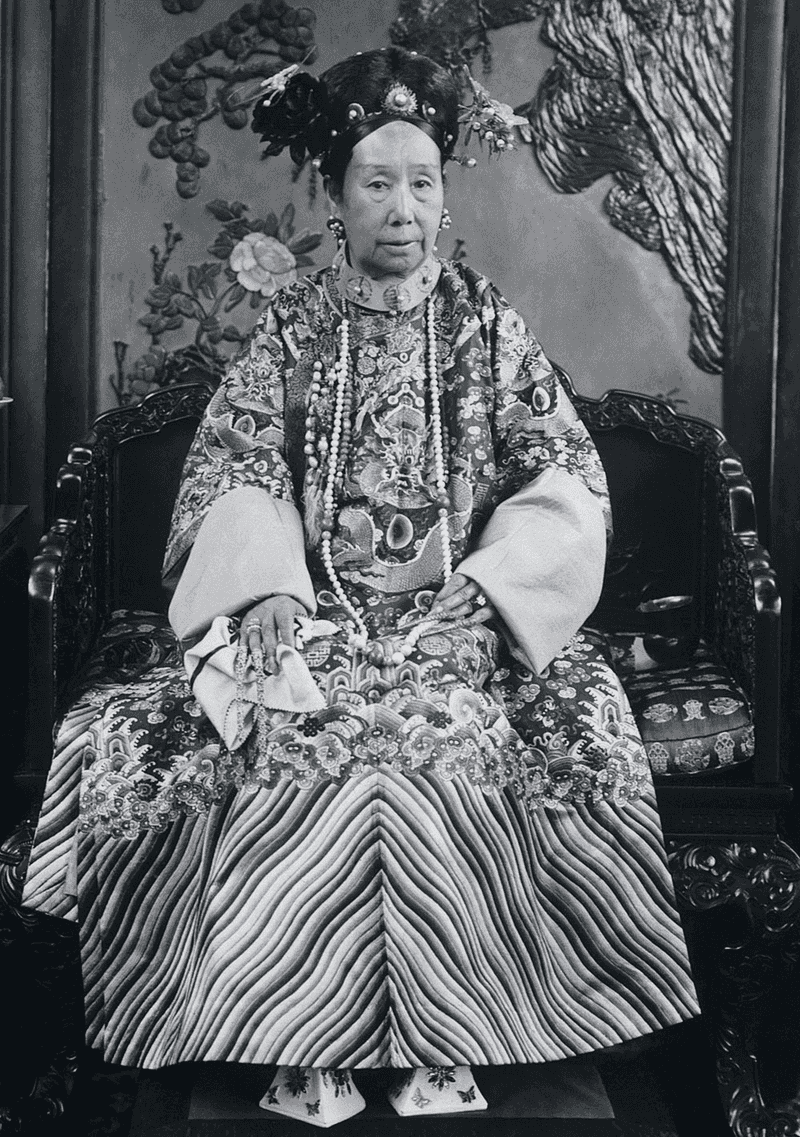Throughout history, some of the most iconic leaders have harbored secret lives, unknown to the public. These revelations add layers of intrigue to their well-documented personas. From covert operations and artistic pursuits to clandestine affairs and unusual hobbies, these leaders led double lives that often defy the traditional narratives associated with their public images. Explore the fascinating stories behind these 21 famous leaders who mastered the art of living dual existences.
1. Winston Churchill – War Leader & Undercover Spy
While Winston Churchill is celebrated for his leadership during World War II, few know of his early espionage activities. At the age of 30, he was involved in intelligence work, executing secret missions in Cuba and South Africa. These experiences shaped his strategic prowess and understanding of global politics.
His time as a spy taught him the intricacies of covert operations, contributing to his wartime strategies. Churchill’s dual role as a war leader and undercover agent highlights the complexity of his character and the depth of his commitment to his country.
His covert missions remain a lesser-known but significant part of his legacy.
2. Joseph Stalin – Soviet Dictator & Former Bank Robber
Joseph Stalin, known as the iron-fisted ruler of the USSR, had a shadowy past marked by criminal activity. In his 20s, he orchestrated bank robberies to fund the Bolshevik cause. These heists were not merely acts of rebellion but strategic moves to secure financial resources for the revolution.
Stalin’s transition from revolutionary to dictator reveals a complex persona shaped by necessity and ambition. The skills he honed during his criminal days later aided his rise to power.
His life story underscores the intricate interplay between his public and private endeavors, illustrating his relentless pursuit of control.
3. Benjamin Franklin – Founding Father & Smuggler?
Benjamin Franklin, a revered Founding Father of the United States, might have dabbled in smuggling before the Revolution. In his 40s, Franklin was deeply involved in colonial trade, and some suggest he used this position to bypass British restrictions covertly.
Rumors of his involvement in smuggling add a layer of intrigue to his pragmatic persona. This clandestine activity, if true, showcases Franklin’s resourcefulness and willingness to challenge oppressive systems.
Whether fact or conjecture, these tales contribute to the mystique surrounding his character, painting him as a shrewd and adaptable leader in turbulent times.
4. Queen Elizabeth I – The “Virgin Queen” Who Had Secret Lovers?
Known as the “Virgin Queen,” Elizabeth I’s reign was marked by rumors of clandestine romances. In her 30s, whispers of affairs with Robert Dudley and others swirled around the English court. Despite her public image of chastity, these alleged liaisons suggest a more nuanced personal life.
The rumors, whether true or not, highlight Elizabeth’s clever navigation of court politics. Her ability to maintain power while managing personal relationships reveals a leader adept at balancing public and private spheres.
Such stories, true or not, add a humanizing element to her storied legacy, enriching the narrative of her reign.
5. Abraham Lincoln – Wrestler & Undercover Investigator
Before becoming the Great Emancipator, Abraham Lincoln was a formidable wrestler with only one recorded loss. In his 20s, he was known for his physical prowess in the ring, often entertaining locals with his matches.
Later, Lincoln’s investigative skills came to the fore when he went undercover to expose a counterfeit ring. This lesser-known aspect of his life highlights his courage and determination to uphold justice.
Lincoln’s dual talents in wrestling and investigation illustrate a complex character dedicated to integrity and truth, traits that would define his presidency.
6. Napoleon Bonaparte – Emperor & Romance Novelist
Napoleon Bonaparte, renowned as a military genius, harbored a romantic side. At 26, he penned “Clisson et Eugénie,” a novel inspired by his own failed love affair. This literary endeavor reveals a softer, more introspective side of the ambitious leader.
The novel, infused with passion and longing, contrasts sharply with his public image as a stern military tactician. It offers a glimpse into his personal vulnerabilities and aspirations.
Napoleon’s dual life as an emperor and novelist underscores the multifaceted nature of his character, adding depth to our understanding of his legacy.
7. Mustafa Kemal Atatürk – Turkey’s Founder & Heavy Partier
Mustafa Kemal Atatürk, the founding father of modern Turkey, was known for his vibrant social life. In his 40s, he became notorious for hosting lavish parties, often drinking raki until dawn with diplomats and friends.
His social gatherings were more than mere revelry; they were opportunities to engage in political discourse and build alliances, reflecting his charismatic leadership style.
Atatürk’s ability to balance his public duties with a dynamic personal life reveals a leader who embraced both tradition and modernity. His legendary gatherings are part of the rich tapestry of his legacy.
8. Fidel Castro – Revolutionary & MLB Prospect
Fidel Castro, known for leading Cuba’s communist revolution, once had dreams of a baseball career. In his 20s, he was scouted by the New York Giants and Washington Senators as a promising pitcher.
While his political path ultimately diverged, Castro’s passion for baseball remained. His athletic pursuits highlight a competitive spirit and love for the game, traits that persisted in his revolutionary endeavors.
This duality in Castro’s life illustrates the intersections of sport and politics, underscoring a multifaceted leader driven by both ambition and idealism.
9. Cleopatra – Pharaoh & Master of Disguise
As Egypt’s legendary queen, Cleopatra was adept at using her wit and charm to navigate complex political landscapes. In her 20s, she famously smuggled herself to Julius Caesar wrapped in a carpet, a testament to her cunning and resourcefulness.
This daring feat is emblematic of Cleopatra’s ability to influence powerful leaders through unconventional means. Her mastery of disguise and persuasion played a crucial role in securing her reign.
Cleopatra’s story, marked by bold actions and strategic alliances, continues to captivate, reflecting a leader who skillfully balanced power dynamics and personal ambition.
10. Theodore Roosevelt – President & Secret Police Commissioner
Before his presidency, Theodore Roosevelt served as New York City’s police commissioner. In his 30s, he patrolled the streets incognito, catching corrupt officers and enforcing reforms.
Roosevelt’s hands-on approach to law enforcement demonstrated his commitment to integrity and justice, foreshadowing his progressive policies as president. His undercover work highlighted his proactive and fearless nature.
This aspect of Roosevelt’s life reveals a dedicated public servant willing to tackle corruption head-on, further cementing his reputation as a reformer and visionary leader.
11. Vladimir Putin – President & Alleged Spy
Before rising to Russia’s presidency, Vladimir Putin worked as a KGB agent in East Germany. In his 30s, he was involved in espionage activities that laid the groundwork for his political career.
His background in intelligence has fueled speculations about his continued involvement in covert operations, adding a layer of mystery to his leadership.
Putin’s experience as a spy informs his strategic and often enigmatic approach to governance, reflecting a leader who understands the complexities of international diplomacy and security.
